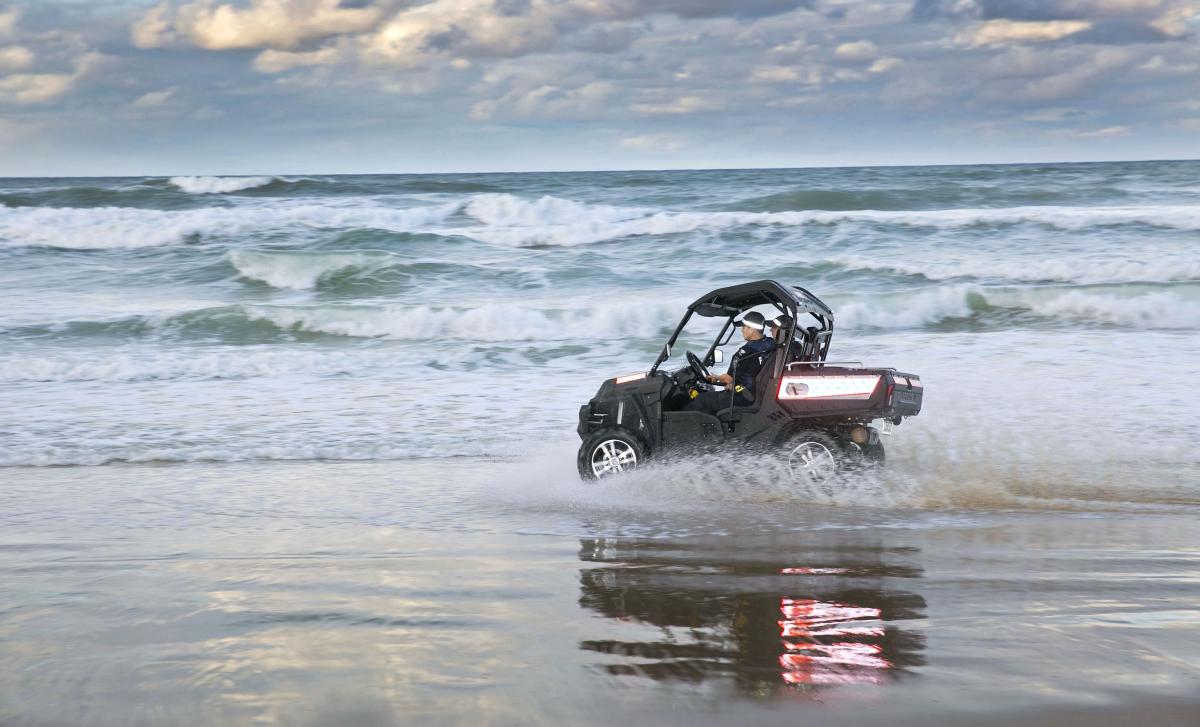Page Contents
Main Content
Social media companies allow users to upload their own content under an identity the user creates. The most commonly known social media platforms are Facebook, Twitter and Instagram.
How does this work?
Users create an account and connect to friends or people. Users can upload information they wish to share which can be commented on by people within their networks. Social media platforms are sometimes called web 2.0 as the content is created by the users rather than the platform owner.
With any technology, criminal networks assess its value to commit crime. As individuals place large volumes of their personal information online, criminals with the intention of committing identity fraud can easily find identities to steal. Other criminals have been known to locate individuals online and commit serious criminal offences such as stalking or sexual assault.
Comments and photographs uploaded remain in cyber space forever with little to no prospect of removal. Many employers review the social media pages of job applicants, and any comment or photo that was uploaded years ago may compromise employment prospects in the future.
Each person has a unique personality and personal information. Using social media sites such as Facebook and Twitter, fraudsters can conduct a full personality profile on their target and prepare a fraudulent tailored approach to engage you. Offenders can review a person’s history across several sites and identify all of their activities over several years.
Criminals take advantage of social media when they are planning social engineering fraud. Online accounts provide information about a person’s background which the criminal uses this to gain an understanding of their target, their personal and professional networks and assess any potential vulnerabilities the person displays. They can also research their target on genealogy and dating sites or use specific search engine inquiries.
How do I protect myself?
- Restrict the personal information that you put online.
- Remember all comments and photos you post online may be read by a future employer.
- Secure your profile and restrict access to your site to people you have met and you wish to be your friend. Whilst collecting Facebook 'friends' may seem harmless, it increases the danger of being profiled by a person with malicious intent. Their associates may then have access to your personal data through of 'Friends of Friends' access.
- Do not advertise when you are going away as this may alert criminals who view your profile that your home will be empty. Post images of your holiday when you return.
- When posting photographs online, ensure your device has the location services function turned off. Information embedded in the photo may allow a criminal to locate where you live or where the photo was taken.
- Remember, friending a stranger online is the same as giving an unknown person in the street every detail of your life. You would not provide this information on the street, so don't do it online.
- Use different passwords for each of your social media sites.
- Regularly review your social media history and review comments/photos that are no longer relevant to your life or reflect who you are.
- When you have finished with a site and do not intend to use it again, close the account and delete the data.
Some social media sites such as Facebook allow you to download the information they have recorded on you. Download this and check its authenticity to gain an understanding of your historical online activity.
Report this crime
This crime should be reported to the Australian Cyber Security Centre (ACSC).
